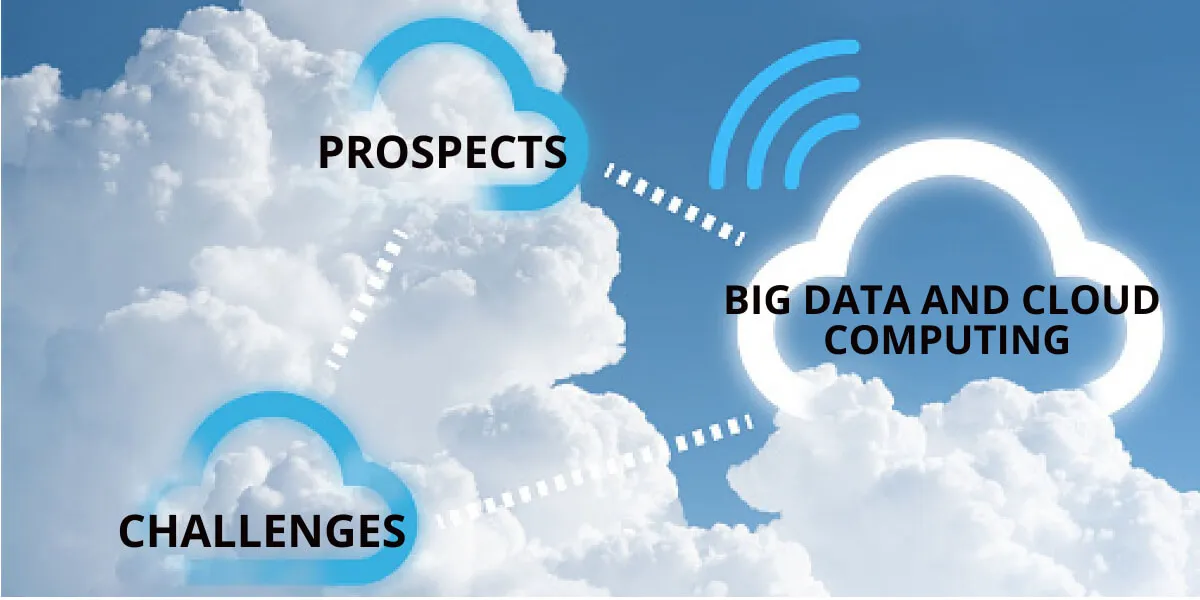
Big Data and cloud computing, especially when combined, can help to simplify enormous datasets. When the two are combined, a company's revenue may be increased while costs are successfully reduced. Both techniques are still in development, which is a double-edged weapon in both cases.
The Benefits of Combining Big Data with Cloud Technology
Speed
At the moment, lugging around big servers to store data is no longer possible. Setting up infrastructure using cloud computing is simple, quick, and hands-off. Cloud computing meets the data processing needs of enterprises, making it easier for them to maximise how they use their resources.
Elasticity:
Elasticity refers to the ability to move servers up and down in response to changing data requirements. Data is an unstable variable because it can vary dramatically from one moment to the next. A capable service provider should be able to handle these storage modifications on short notice.
Data processing and efficiency:
Data processing and efficiency: When Big Data is utilised to collect information via social media, it may process the information quickly. It can also provide valuable information that can be used to meet a company's needs.
The Difficulties of Combining Big Data with Cloud Computing
Security concerns:
With the merging of these technologies, there are certain security risks to consider. To tackle cloud security issues, service providers, customers, and IT organisations must all take responsibility.
Epilogue
The cloud is becoming the go-to resolution for businesses trying to stay ahead of the competition and take advantage of the cloud's vast technical breakthroughs. Once these developments are grasped, firms will have a fantastic chance to cut expenses, improve their IT tools, and manage their data. Organisations are typically able to fulfil their business goals due to the cloud and Big Data combo, making it an excellent one. Thus, the importance of big data online courses increases.







